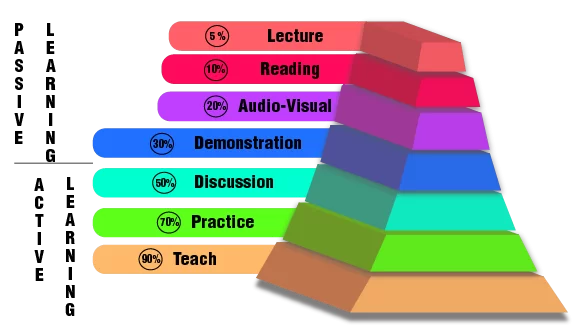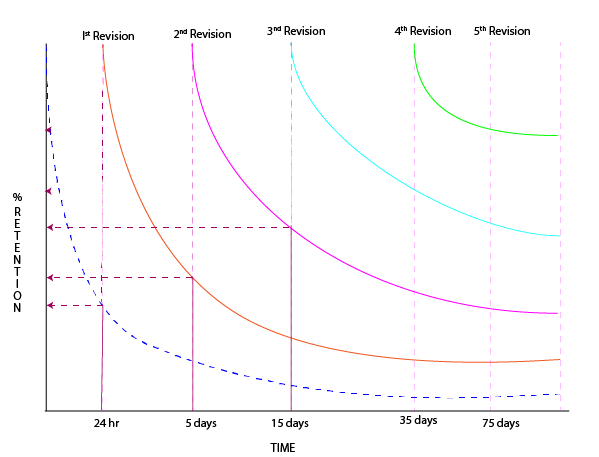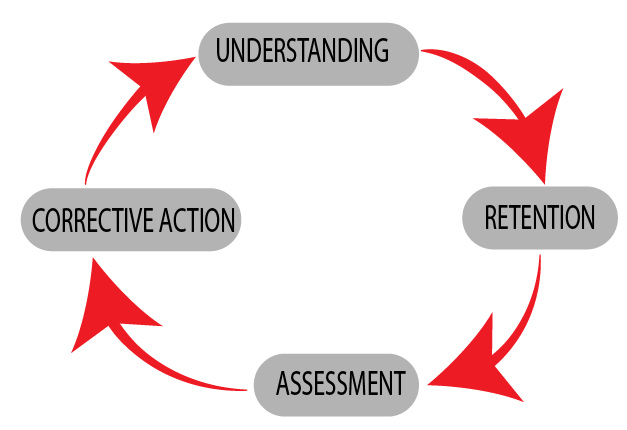Study effectively
The Objective of this post is to share a methodology of Study Effectively
How to study effectively
The study effectively is all about gaining knowledge and upgrading the stored information continuously to achieve the desired end result starting effectively can be broadly seen as a three-step process.
- Understanding phase
- Retention phase
- Assessment phase
Understanding phase:
This is the primary phase and it is driven by curiosity or the need of learning something new to abreast one’s knowledge or skill to outperform oneself. There are two types of understanding patterns they are
- Passive Learning
- Active Learning
- Passive Learning
It is a learning method where students receive information or instructions from the instructor. This method of receiving instruction or information is often regarded as direct instruction or Lecturing. We passively learn through.
- Lecture
- Reading
- Audiovisual content
- Demonstration
Retention phase:
The retention phase is the most important phase in study effectively. The retention phase is also active learning. It is a learning method where students absorb information or instruction from their own experience. The method of absorbing instructions or information is often regarded as Hands-on experience. We Actively learn through
- Group discussion
- Practice
- Sharing knowledge

Out of these three, practice is the most effective part of active learning. Hermann Ebbinghaus was a German psychologist who pioneered the experimental study of memory and is known for his discovery of the forgetting curve showed how memory can be improved by repetitions through the forgetting curve.

The forgetting curve shows how retention of information can be increased by repeating it over and over again. When a piece of information is absorbed then that piece of information should be gone over in practice within the first 24 hours again to increase the extent of understanding. The forgetting pattern will continue but the slope would be lesser and if that same bit of information is gone over in practice within that same week again the extent of understanding is increased. Similarly repeating over again and again on this same bit of information are retention can be increased to nearly a hundred percent in merely repeating that same bit of information four or five times.
Following this pattern to increase retention requires some scheduling and planning beforehand to increase the retention.
Assessment phase:
The assessment phase in the learning process is an important experience for future corrections in the above-mentioned phases. The outcomes of understanding and retention phases are assessed by reproducing the retained information in the form of tests and these practice tests should be taken as data for improvement in the journey of reaching the target. It is always the cycling process that starts with understanding, battling for better retention assessing yourself, and taking corrective measures with a new and better understanding

my experience as a chemistry educator with all my students over the years is retention phase is one place where a majority of students lag and as a result of this they lack the name of the true potential so my advice would be right to concentrate more on building better retention. If you can improve your retention gloss because in any examination would definitely improve and you will outperform your expectations
You may be interested in
| JEE mains Information | NEET UG Information |
Tag:General
